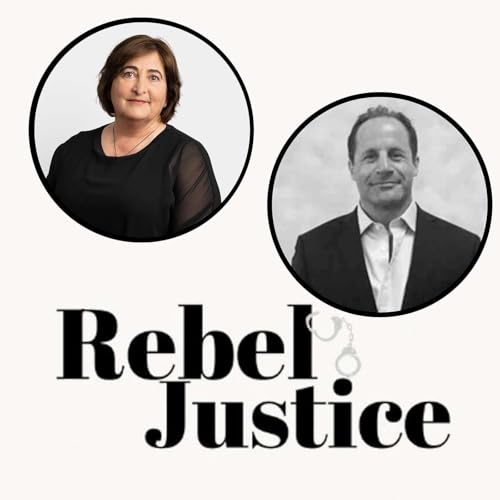Send us a text
The courtroom looks orderly from the gallery, but behind the wigs and gowns is a profession running on grit, late nights, and vending machines. We sit down with criminal defense barrister Kate Kelleher and the Criminal Bar Association’s James Rosseter to reveal how the Criminal Bar keeps fairness alive while the system strains at every seam.
Kate maps the quiet collapse of camaraderie since the pandemic: fewer juniors, downsized chambers, and loose networks that used to provide feedback, mentorship, and the small kindness of a post‑trial debrief. James connects these human shifts to structural problems, understaffed teams, equipment failures, and disclosure errors that still derail trials decades after notorious miscarriages of justice. The stories range from judges’ dinners that changed careers to real cases halted when phone data surfaced late, and to the absurdity of hunting a treasury tag while a jury waits. Small details, no café, no time, no space to talk, compound into big risks for fair trials.
We explore the emotional toll the public rarely sees: flashbacks that intrude at bedtime, the discipline to avoid alcohol during trial, and the recurring fear of not being able to protect one’s own child in a police station. Kate draws a vital line between legal guilt and religious or moral guilt, reminding us that beyond a reasonable doubt is more than a phrase, it is the standard that protects us all. With local court reporting fading, the everyday work of justice disappears from view, leaving only sensational headlines and thin narratives. What gets lost is the humanity of people who still show up, hungry and exhausted, to make sure no stone is left unturned.
If you care about justice reform, open courts, the Criminal Bar, and the real mechanics of fair trials, this conversation is your front-row seat. Subscribe, share, and leave a review to help more listeners find stories that show how justice actually works, and how it can work better.
Credits
Produced by Henry Chukwunyerenwa
Support the show
For more unmissable content from The View sign up here
 Dec 23 202532 mins
Dec 23 202532 mins 38 mins
38 mins 47 mins
47 mins 40 mins
40 mins Nov 19 202536 mins
Nov 19 202536 mins 37 mins
37 mins 10 mins
10 mins 47 mins
47 mins
